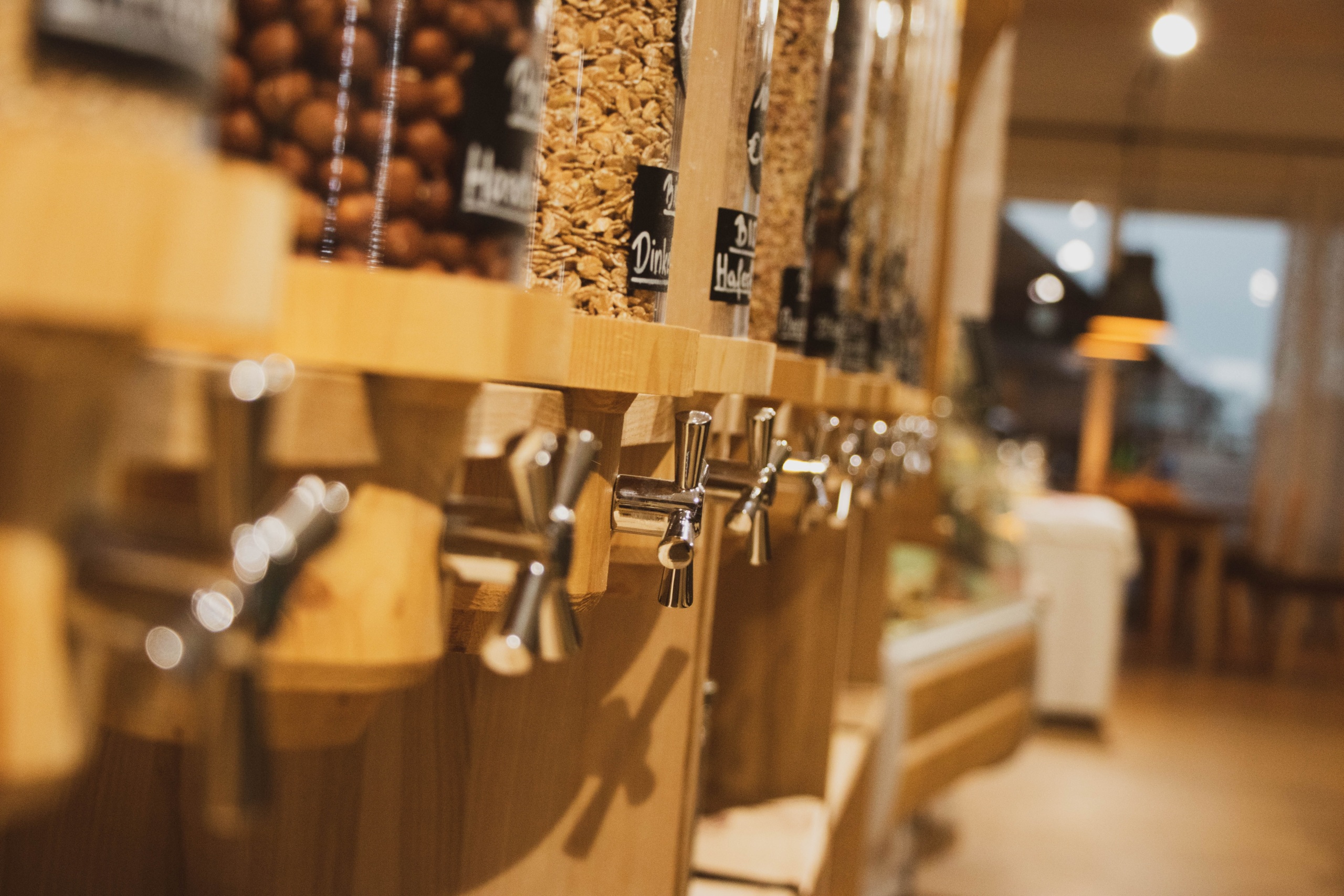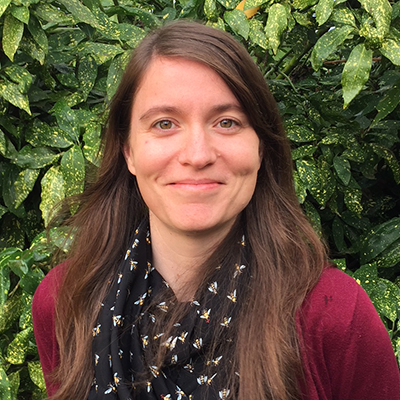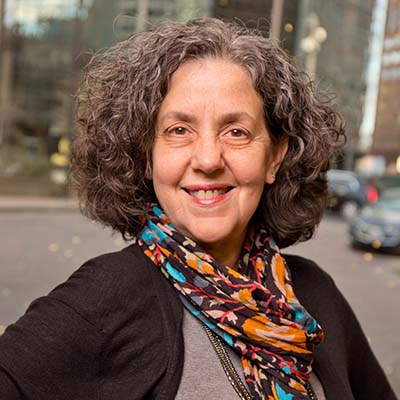
Ditch plastic packaging: Shop at your local refillery
A wave of new retail businesses are eliminating single-use plastic packaging entirely, showing us what a future with dramatically less plastic could look like.
Every day, the world produces an astronomical 3.5 million tons of solid waste. That’s around 250,000 garbage trucks’ worth of waste. Lined up end to end, those trucks would stretch 1,160 miles – roughly the distance between Los Angeles and Seattle. The United States is a major contributor to that problem, producing 12% of the world’s trash, despite accounting for only 4% of the global population. Of that trash, an estimated 12% is plastic.
By far the largest single contributor to this plastic waste is packaging, which accounts for roughly 36% of all global plastic production.
Such is the ubiquity of plastic packaging in our everyday lives that a future without it is hard to imagine. However, a wave of new retail businesses are eliminating single-use plastic packaging entirely, showing us what a future with dramatically less plastic could look like.
Our new report, Refill, Return, Reimagine, highlights no-waste and low-waste business models, shares case studies and demonstrates ways to reimagine our relationship with plastic.
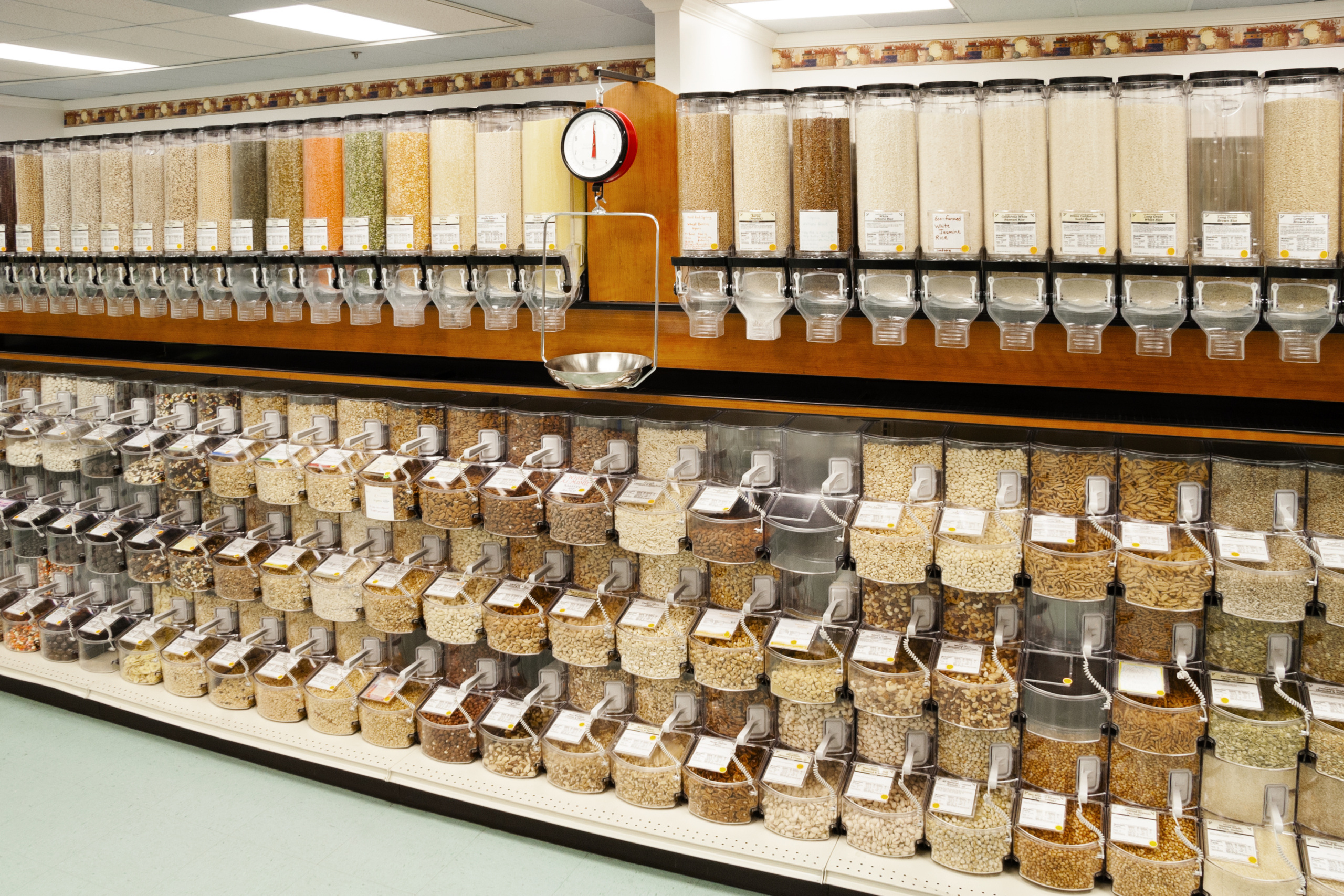
Refill, Return, Reimagine: Innovative Solutions to Reduce Wasteful Packaging
The rise of the refillery
One such type of business is refill stores – sometimes known as “refilleries” or “zero waste stores.” These stores are a variant of the bulk store concept of “weigh-and-pay” shopping, whereby customers can pick up what they need without store-provided packaging. Generally stocking foods and/or household and personal care products (laundry detergent, shampoo, skincare products, toothpaste, etc.), refill stores allow customers to fill their own containers with as much or as little of a product as they need and pay for it by weight or volume. These stores also often return their own empty bulk containers to be refilled by the product manufacturers, thus creating a “closed-loop packaging system.”
Variants of the refillery concept existed well before plastic packaging came to dominate the retail sector – but what’s interesting about its current revival is the pace at which these kinds of stores have been emerging across the world as more people look for ways to reduce their plastics use.
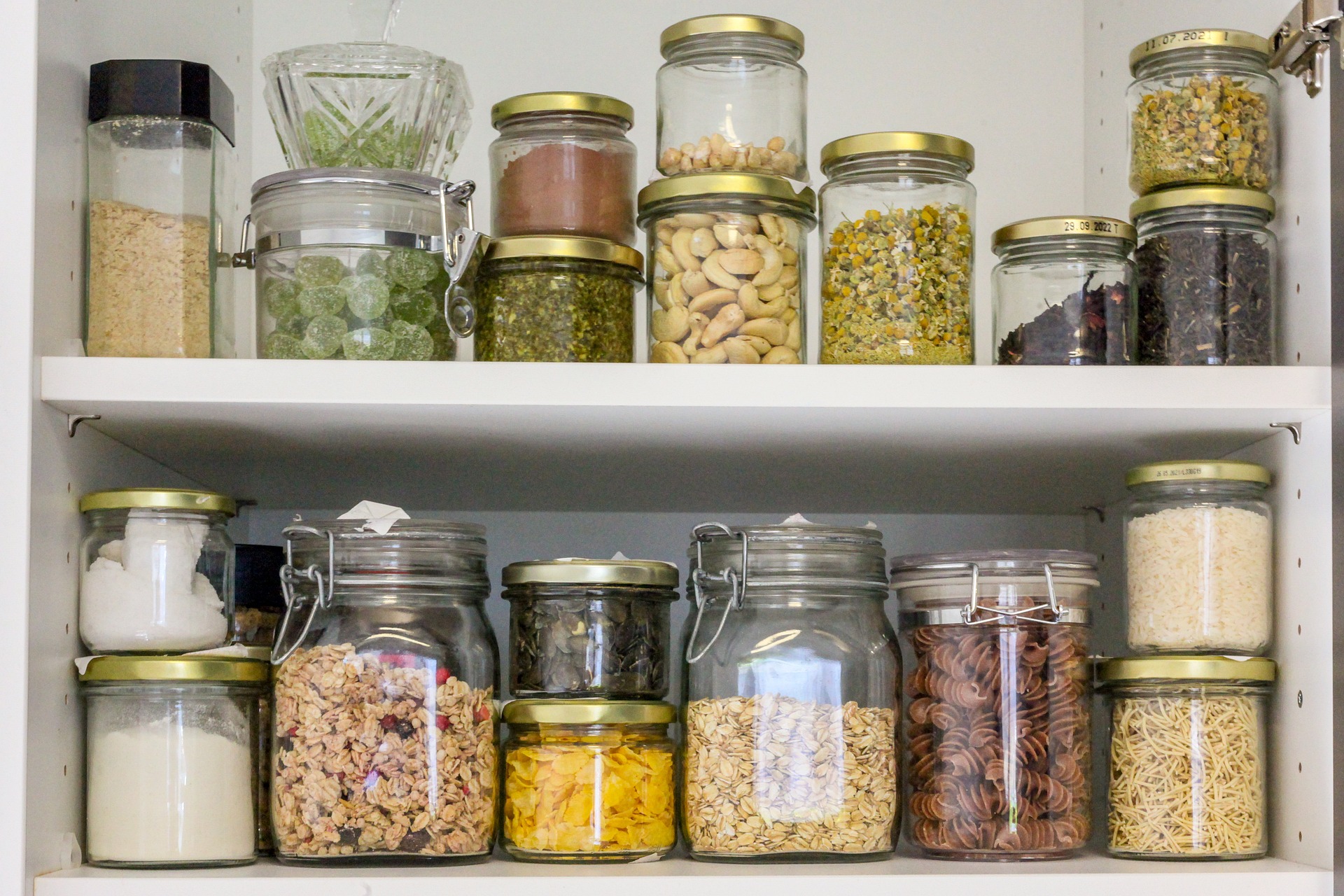
Want to find a zero waste store near you?
- The Refillery Collective has a directory that lists around 600 refill stores and mobile delivery services across all but three U.S. states.
- Let’s Go Zero Waste has a directory of stores across the U.S. and Canada.
- Do a quick google search for “Zero waste stores in CITY” and see which stores are in your neighborhood.
Additionally, many refill businesses operate delivery services that bring the refillery to customers’ homes (and some operate exclusively as such), or as mobile refilleries that set up shop on a “pop-up” basis at local markets and other places. The Let’s Go Zero Waste directory lists 150+ such services across the U.S. and Canada.
Tips for shopping at a refillery
- If you’ve never been to a refillery before, go check one out. You don’t need to buy anything the first time you go in, but go browse and see what they sell so you can make a plan for when you return.
- Things to bring with you for shopping: reusable grocery bags, reusable produce bags, beeswax wraps and repurposed jars that you can use to hold liquid products. Some stores will have those items for purchase, if you don’t already own them.
- Remember to tare before you fill: If you are using containers from home, be sure to weigh them and mark the weight before you fill it up! That way, you aren’t paying extra for the weight of your container.
- Take your time. A trip to a refillery typically takes more time than shopping at a traditional store because you have to fill and weigh everything. Slowing down and making deliberate choices as a consumer is part of the fun, so enjoy it.
Shopping at zero waste stores/refilleries is a great way to support small, local businesses while also reducing your use of wasteful plastic packaging, and demonstrating that a future without single-use plastic is within reach.
Topics
Authors
Janet Domenitz
Executive Director, MASSPIRG
Janet has been the executive director of MASSPIRG since 1990 and directs programs on consumer protection, zero waste, health and safety, public transportation, and voter participation. Janet has co-founded or led coalitions, including Earth Day Greater Boston, Campaign to Update the Bottle Bill and the Election Modernization Coalition. On behalf of MASSPIRG, Janet was one of the founding members of Transportation for Massachusetts (T4MA), a statewide coalition of organizations advocating investment in mass transit to curb climate change, improve public health and address equity. Janet serves as Chair of the Board of Directors for the Consumer Federation of America and serves on the Common Cause Massachusetts executive committee, Alliance for a Healthy Tomorrow board of directors, and Department of Environmental Protection Solid Waste Advisory Committee. For her work, Janet has received Common Cause’s John Gardner Award and Salem State University’s Friend of the Earth Award. Janet lives in Cambridge, Massachusetts, with her husband and two sons, and every Wednesday morning she slow-runs the steps at Harvard Stadium with the November Project.
Celeste Meiffren-Swango
State Director, Environment Oregon
As director of Environment Oregon, Celeste develops and runs campaigns to win real results for Oregon's environment. She has worked on issues ranging from preventing plastic pollution, stopping global warming, defending clean water, and protecting our beautiful places. Celeste's organizing has helped to reduce kids' exposure to lead in drinking water at childcare facilities in Oregon, encourage transportation electrification, ban single-use plastic grocery bags, defend our bedrock environmental laws and more. She is also the author of the children's book, Myrtle the Turtle, empowering kids to prevent plastic pollution. Celeste lives in Portland, Ore., with her husband and two daughters, where they frequently enjoy the bounty of Oregon's natural beauty.
James Horrox
Policy Analyst, Frontier Group
James Horrox is a policy analyst at Frontier Group, based in Los Angeles. He holds a BA and PhD in politics and has taught at Manchester University, the University of Salford and the Open University in his native UK. He has worked as a freelance academic editor for more than a decade, and before joining Frontier Group in 2019 he spent two years as a prospect researcher in the Public Interest Network's LA office. His writing has been published in various media outlets, books, journals and reference works.
Find Out More

Millions of tiny plastic pellets are being dumped into our waterways
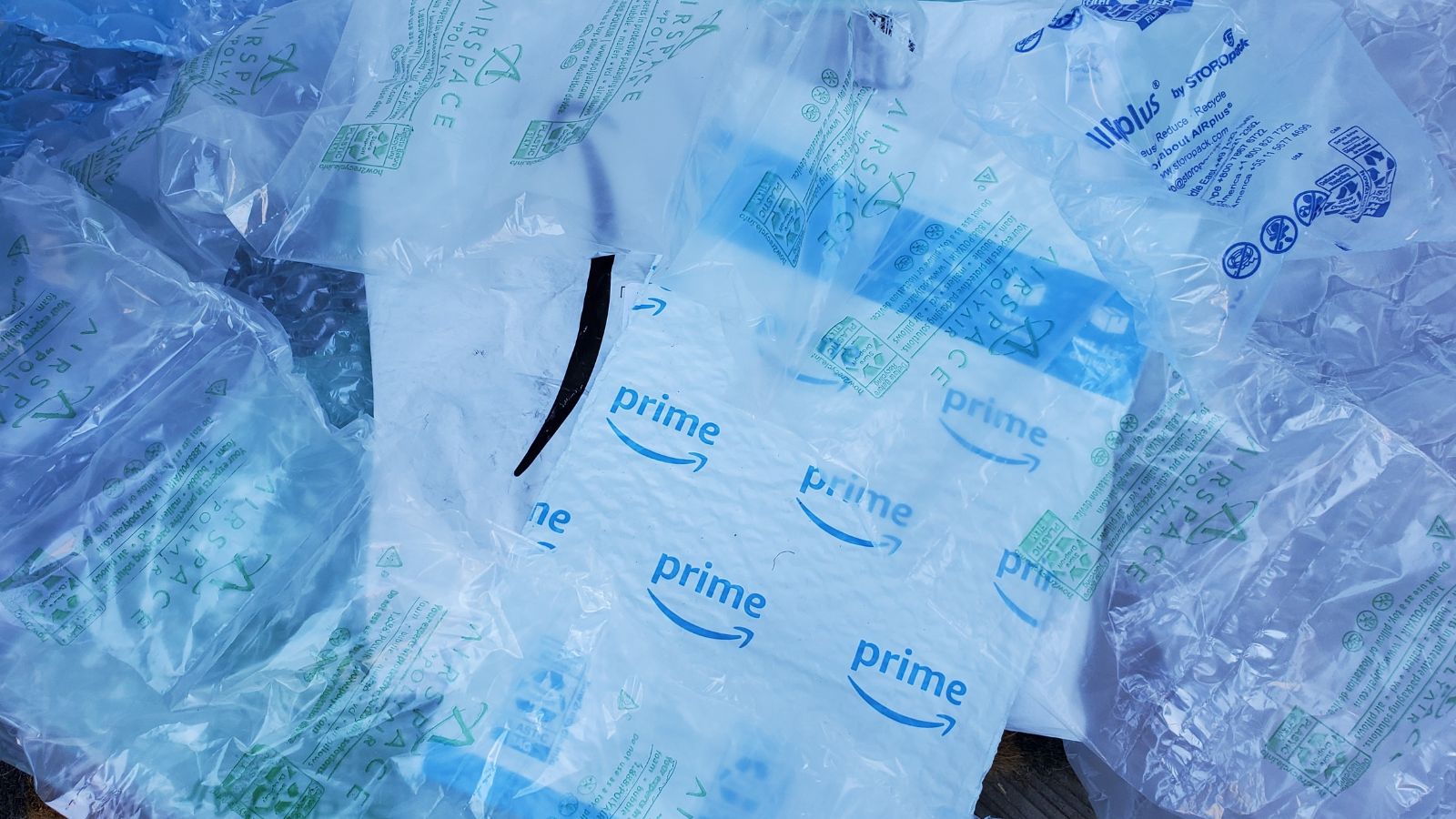
Turning plastic waste into plastic lumber isn’t recycling

To reduce waste, Target should phase out plastic bags


